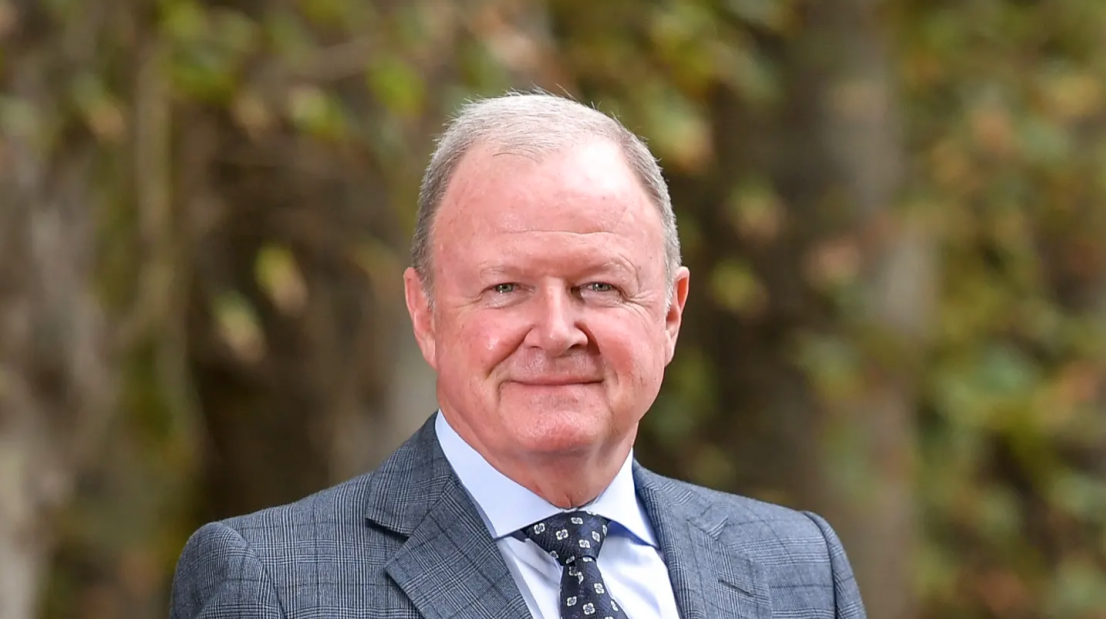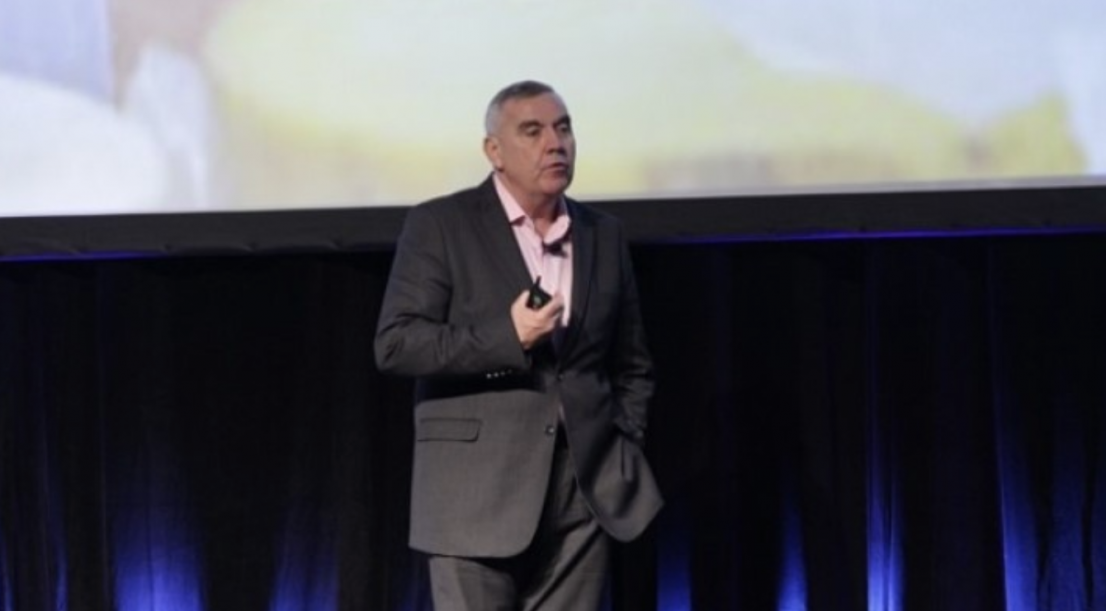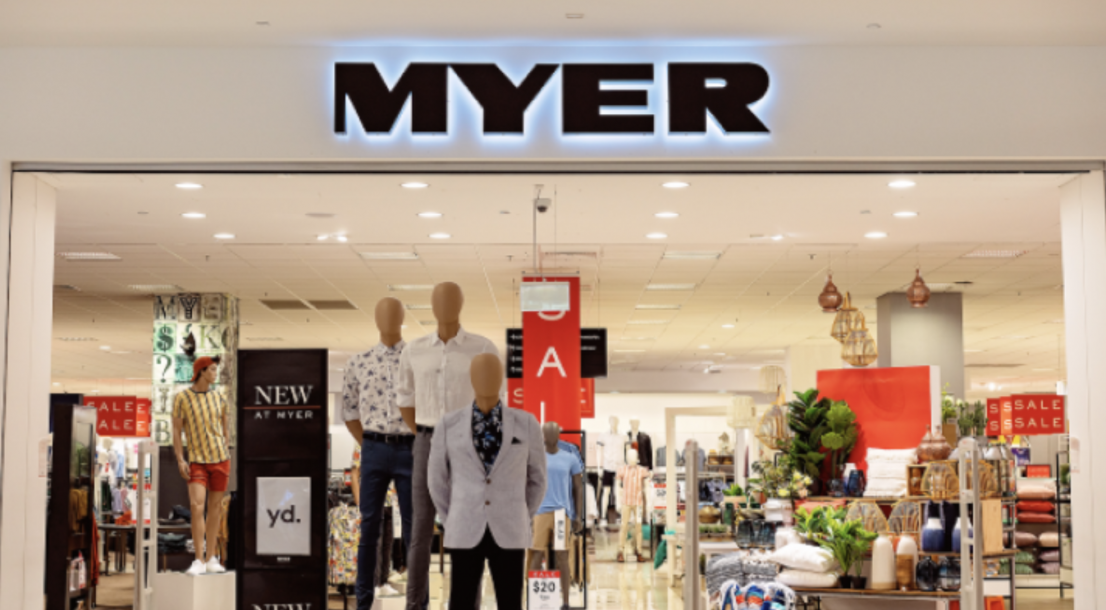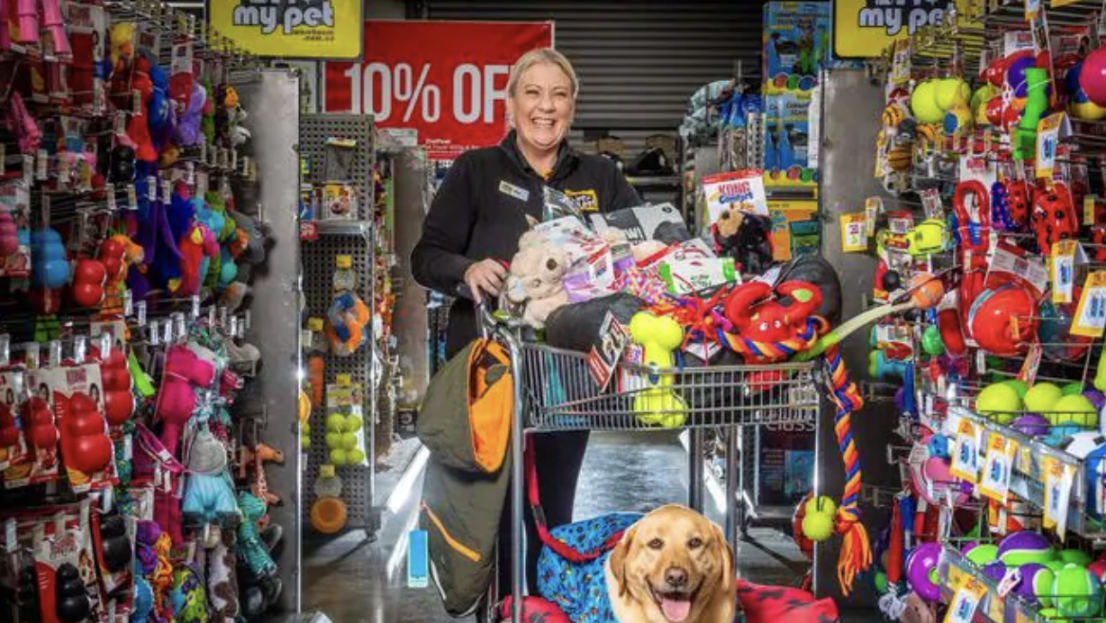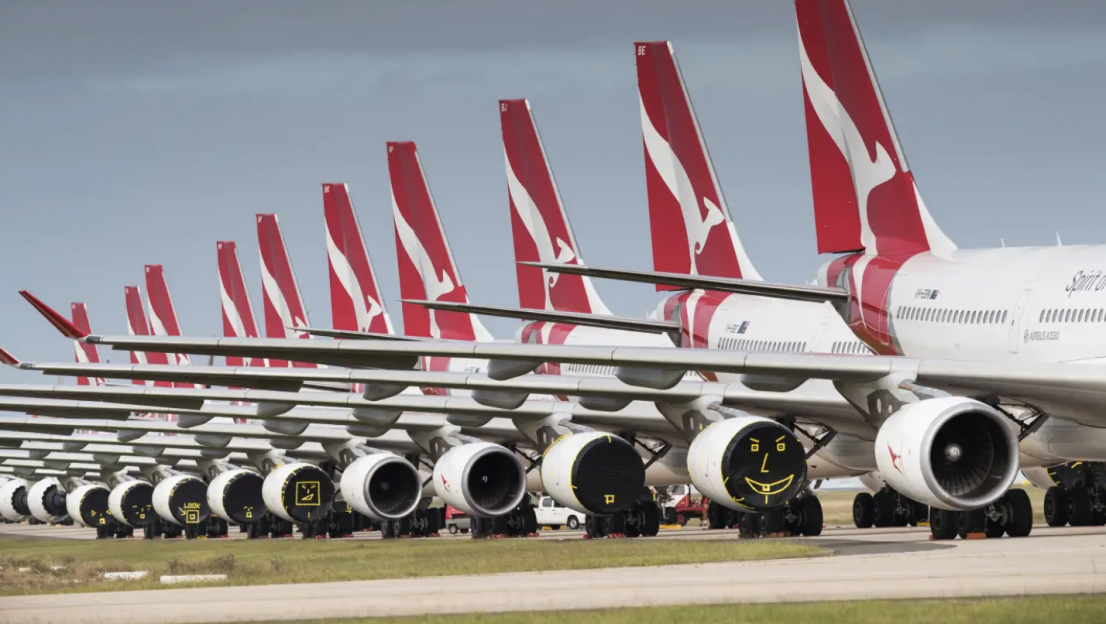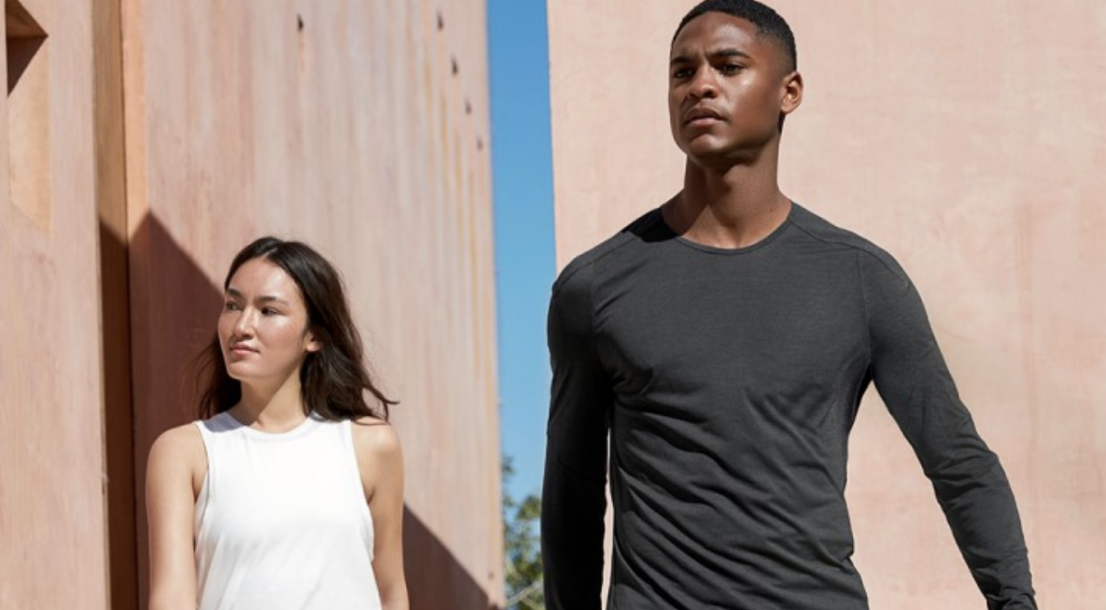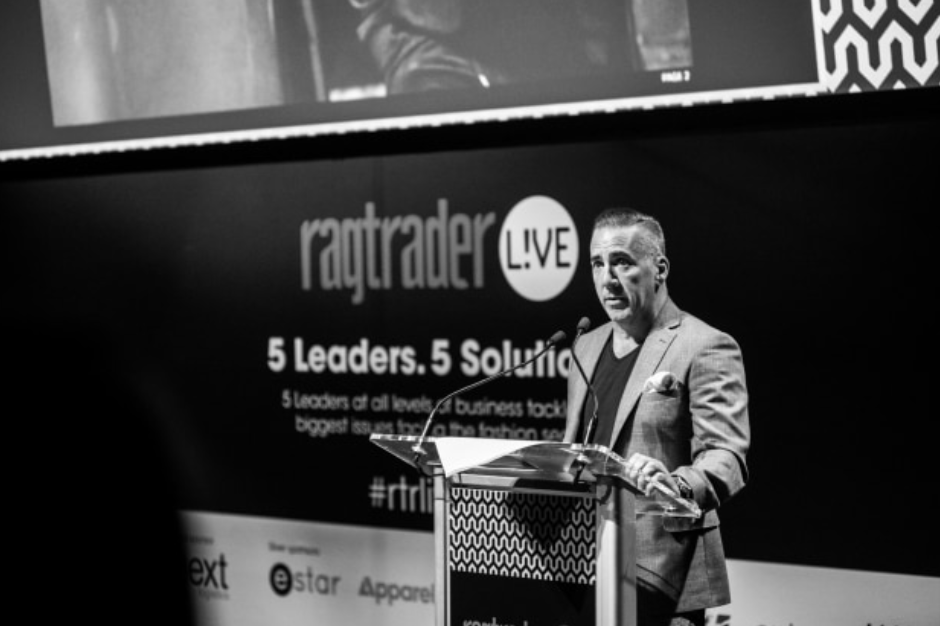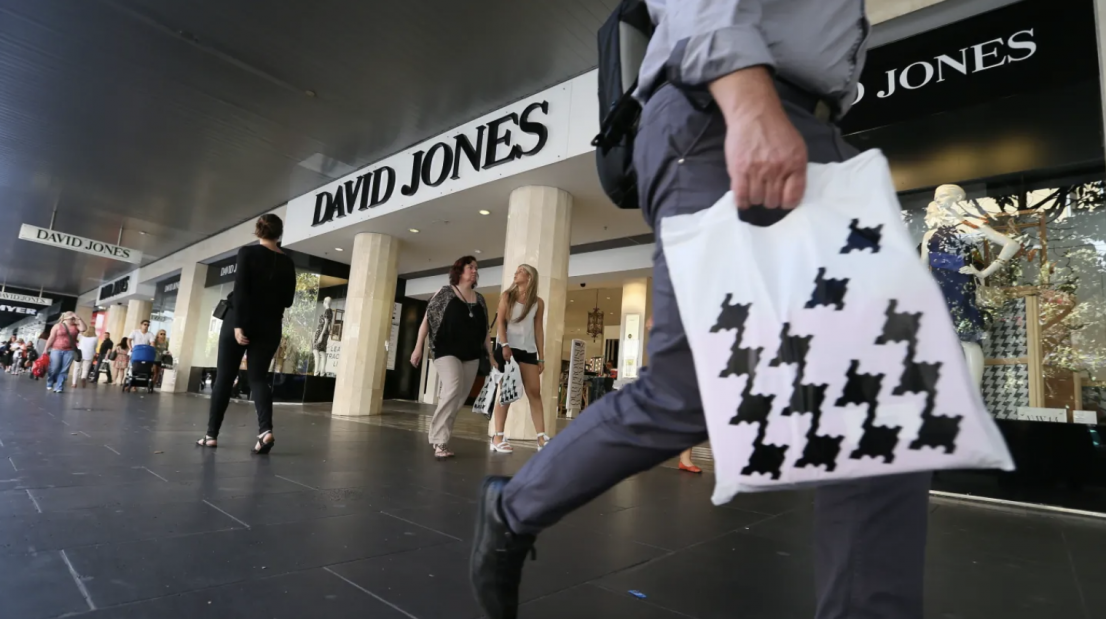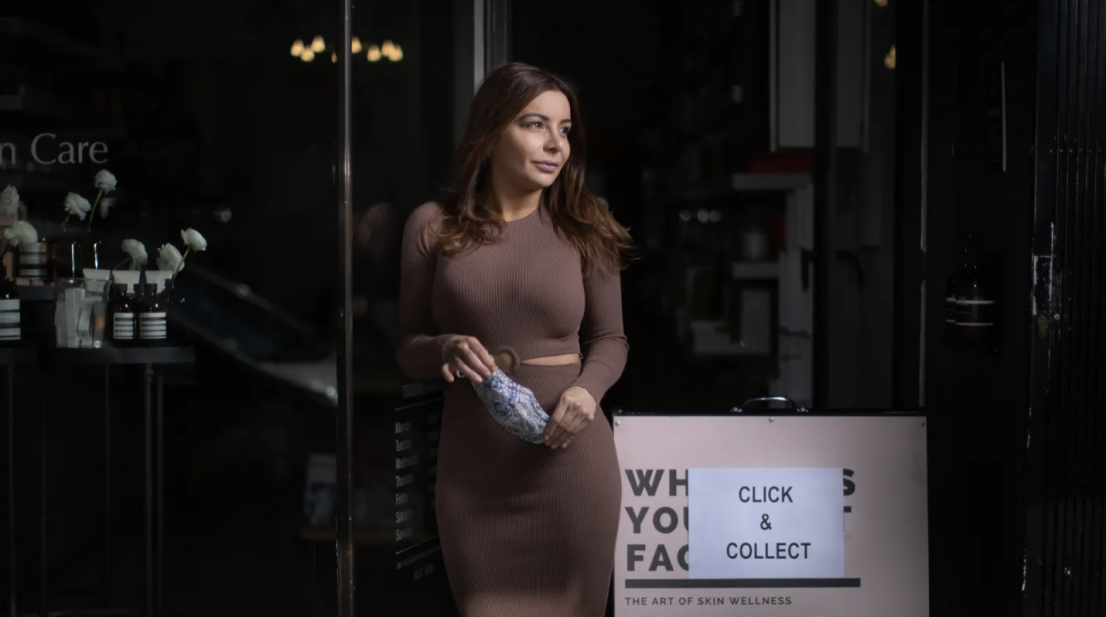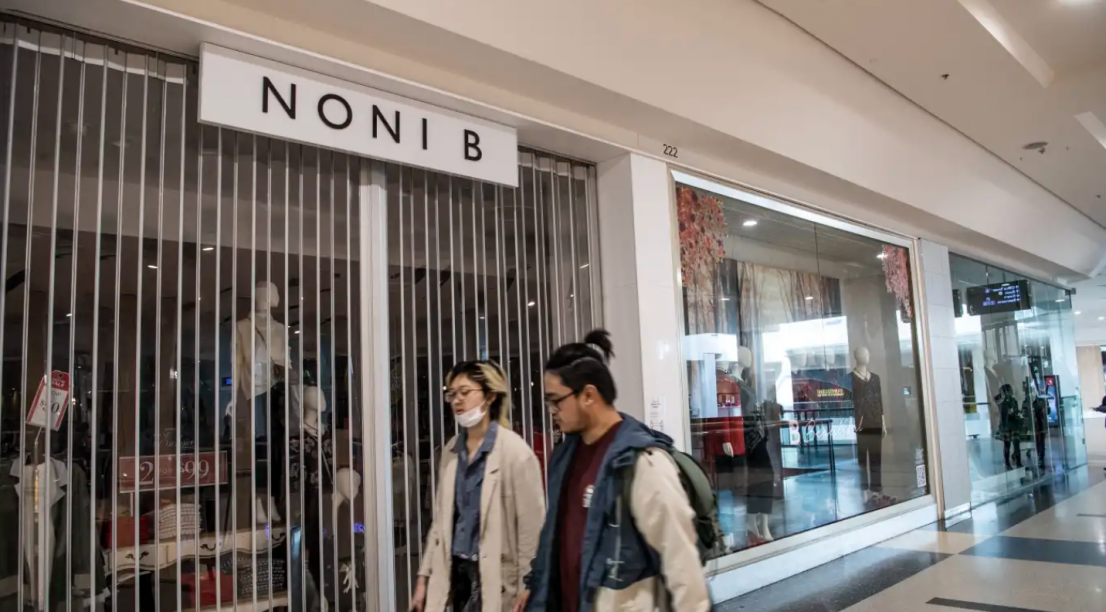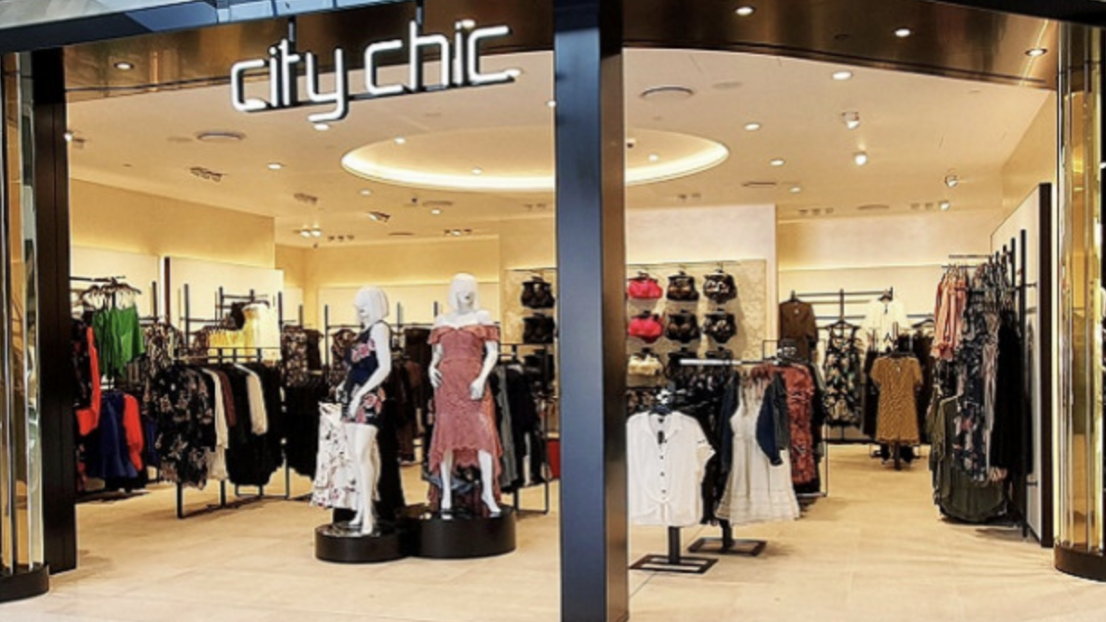
Solomon Lew – the billionaire rag trader and major Myer shareholder – has used the department store's poor full-year results to demand a management overhaul and the resignation of the board led by Gary Hounsell.
His Premier Investments holds a 10.77 per cent stake in Myer. In 2018, the Myer board accused him of trying to take over the department store on the cheap.
On Thursday Mr Lew took fresh aim at the retailer, which posted the second biggest loss in its history at $172 million, calling its full-year 2020 results "disastrous and shameful".
Total sales fell 15.8 per cent to $2.5 billion in the period, with comparable store sales dropping 3.3 per cent, reflecting widespread store closures because of COVID-19 restrictions, pushing Myer deep into the red. Group online sales, however, surged more than 61 per cent to $422.5 million.
The department store had $159 million of significant items in the year ended July 25, which included impairment to brand names of $95.9 million and lease right-of-use assets at $37.1 million. In fiscal 2019, Myer posted a $24.5 million net profit.
Mr Lew said that two years into Myer chief executive John King’s tenure, the turnaround was in "tatters".
"The numbers are dire," he said. "Notwithstanding the impact of COVID-19, the business is trading beyond poorly. Sales are down, EBITDA is down – on top of massive further write-downs to its brands and leases.
"Myer is crowing about its online offering, yet by its own admission online sales are actually eroding profits. After years of under-investment, its antiquated online offering is dilutive to EBITDA margins."
Mr King did reveal that online sales were minimally dilutive, but he expected online fulfilments would help change this over time. He said Myer was gaining a mix of new customers searching for key brands in segments such as homewares, and returning customers.
Sales in Victoria are up more than 200 per cent online, boosted by demand for coffee machines, kettles and toasters, compared with the rest of the country.
All stores were closed for most of April and May, and the department store stood down some 10,000 employees as the virus struck. Myer gained $93 million in JobKeeper subsidies but does not expect to qualify for the extension beyond the end of September.
Once again the company will not pay a final dividend, despite holding net cash of $7.9 million – an improvement of $46.6 million on the previous year – thanks to inventory falling 26 per cent, culled capital expenditure and rent deferrals. It last paid a dividend in 2017.
Although Myer's second-half trading was severely affected by COVID-19 and 11 of its Melbourne stores are now closed, the retailer's online sales are booming, and comprise about 10 per cent of total sales.
Mr King said the rapid growth in online sales accelerated during the second half, which doubled compared with the previous corresponding period, supported by strong growth in beauty, which jumped 218 per cent, and homewares, up 177 per cent.
"During the past two years, Myer has undertaken significant improvements to the website including enhancing infrastructure and peak capacity, and improved search and check out functionality," he said.
Mr Lew called Premier "a long-suffering investor and supplier" and accused Myer of transforming itself into the "world’s most expensive post office", pointing to a recent deal with Amazon through which parcel pick-ups have been introduced at 21 Myer Hub counters.
Vocal supporter
The $209 million retailer has also inked a delivery deal with Australia Post, hoping to boost online capacity and cut fulfilment costs and delivery times.
Mr Lew – who has been at the centre of the battle against landlords in the rents war – also took a swipe at fellow Myer shareholder Geoff Wilson, of Wilson Asset Management, who has a 7.8 per cent stake.
"Mr Wilson should now acknowledge that the continued failure of Myer is at least partially his own fault and his investors should hold him to account for the losses they have sustained and will continue to endure unless there is immediate change," Mr Lew said.
Mr Wilson has been a vocal supporter of Myer in the past and teamed up with Investors Mutual to thwart attempts to roll the Myer board in 2018. Investors Mutual is believed to have sold out of Myer.
Mr Wilson told the Financial Review that he could understand how disappointed Mr Lew was given he bought in at $1.10, while Mr Wilson bought in at 40¢. They both have lost money with Myer stock falling 18 per cent, or 4.5¢, to 21¢ on Thursday.
"[Solly] is one of Australia's great retailers and I have got a lot of respect for him," Mr Wilson said. "We are a fund manager. Every stock we buy does not go up. With Myer, COVID has been a very difficult period."
Mr Wilson – who said he planned to ring Mr Lew – said Myer was one of 120 comprising the portfolio, and he liked retail with other positions in Adairs, Temple and Webster, Red Bubble and Kogan.
"No one is happy when you lose money and I'm sure Solly has lost a lot more than us," he added.
Myer's banks recently agreed to extend their support despite July trading being severely affected by the crisis.
Mr King said he would in coming weeks finalise negotiations with landlords over rent reductions for the period impacted by COVID-19, and then would turn to stores coming up for lease renewal and talk about space reduction, too.
Over the next three years Myer had 11 stores up for lease renewal.
"We need to get a win-win for both of us and if not we will move on," he said. "We will still end up with a fair chunk of stores but they will be smaller, more focused and online will grow rapidly, having doubled over the past two years. We project this to continue. "
Mr King skipped outlook comments given the unpredictability, but said Myer's CBD stores would face challenges for some time. Despite the hurdles, he said the aspiration to become a $1 billion business in coming years was still within reach.
Citi analyst Bryan Raymond has a buy/high risk call on Myer, which he believes has a balance sheet to withstand the challenging near-term conditions, with 2021 earnings likely to remain under pressure given the category mix and lack of wage subsidies.


